An Instrument of Expansion
June 25, 2025
Introduction
According to Carroll Quigley, civilizations have an Instrument of Expansion. He says:
“The three essential parts of an instrument of expansion are incentive to invent, accumulation of surplus, and application of this surplus to the new inventions (investment).”
Some societies have belief systems with little reason to invent, or a system based on slavery would have weak incentive to invent for slaves would not benefit themselves.
There must be a surplus to do things. Food, water, housing, etc. are priorities. There must be saving to invent.
Then there must be a way to redistribute the surplus to these practical aims. In Mesopotamian civilization, priests who used observations of the sun and floods (a catastrophic event) could predict things, so others would give them their labour and excess resources. Slavery captures the production of the slaves. Feudalism allows lords to collect goods from serfs in exchange for protection. Capitalism involved acqusition of monies from the production of goods, which then let entrepreneurs use money to organize other people’s labour through salaries.
We see that all of these tendencies have to involve the political control of the minds, wills, and actions of other men. Mesopotamian civilization used words, slavery used force, feudalism used words and self-interest (plus world-builidng, where other lords would not take the serfs), capitalism involves bribery (paying one a salary).
Generally, Quigley says the investment part breaks down: surplus becomes applied to consumption and also that they have a vested interest in doing things the old way.
The nature of the current system
Now what is the nature of the current system that we live in? Except for a few rare places with quality builds, it seems to put up glass skyscrapers in city centers, build suburbs, Dollar Generals, car washes, Olive Gardens, and Starbucks, storage containers, strip malls, parking lots, and gas stations elsewhere.
The lower the latitude, the more disorderly it appears to become. Los Angeles, Atlanta, Dallas, etc. In my view this is due to higher social-emotional thinking and a decreased emphasis on materalism. (I look at these places and feel that they are poor. But the people who live there are happy with how they live.)
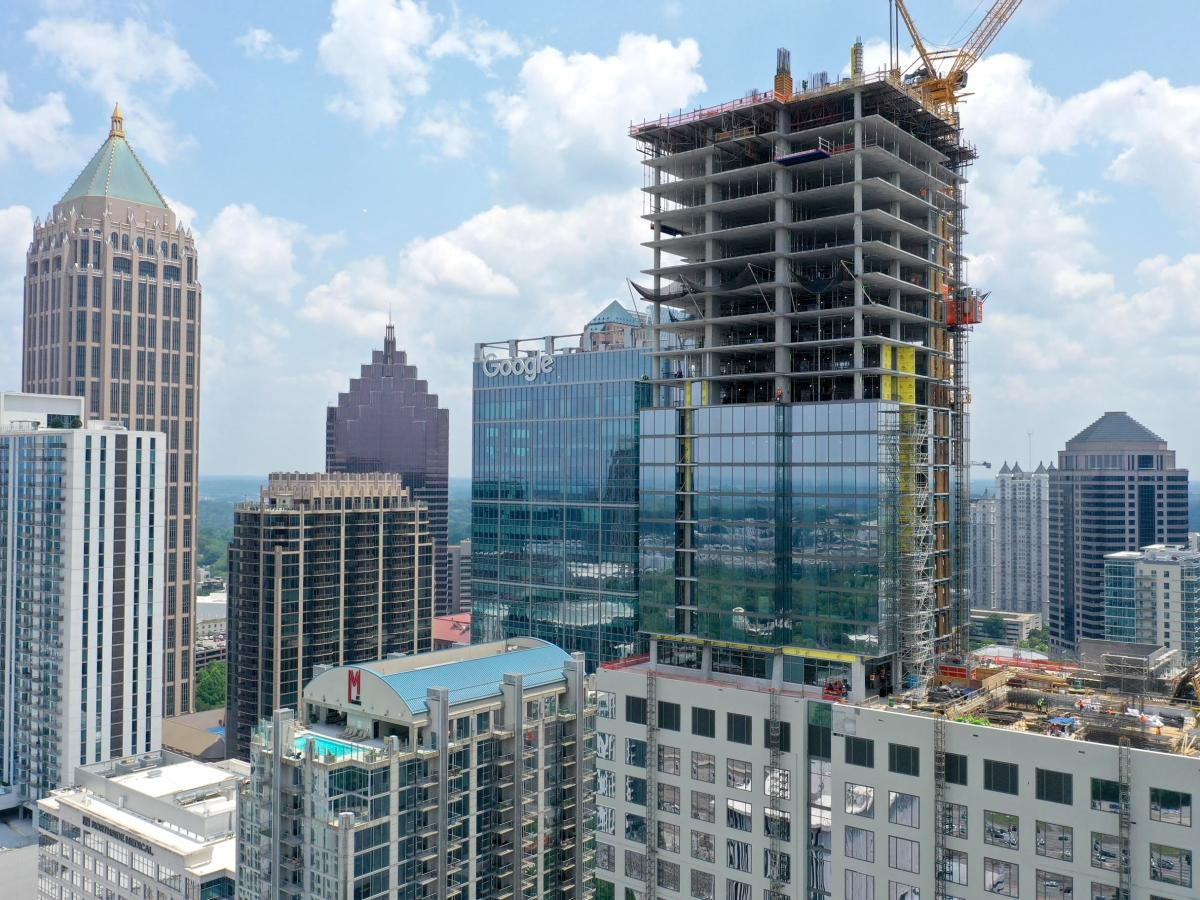
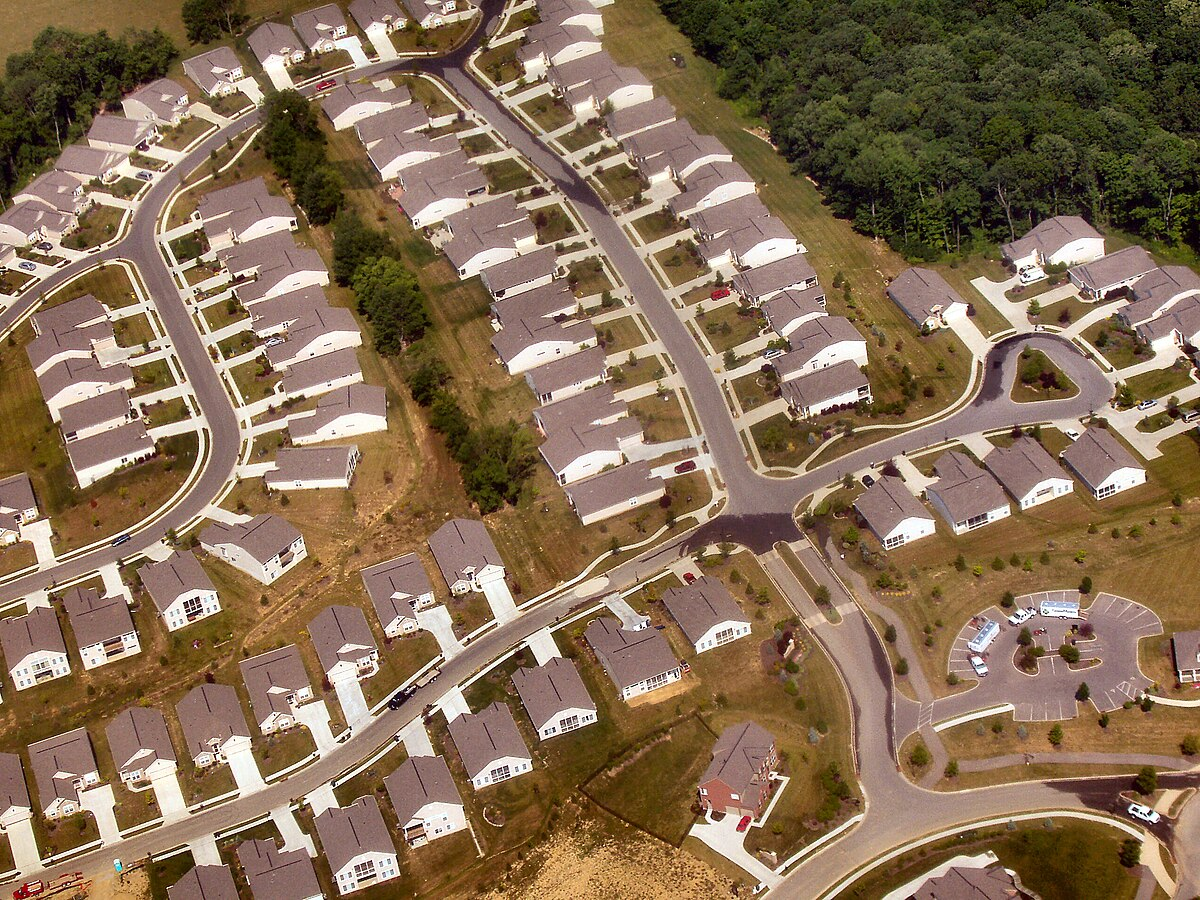
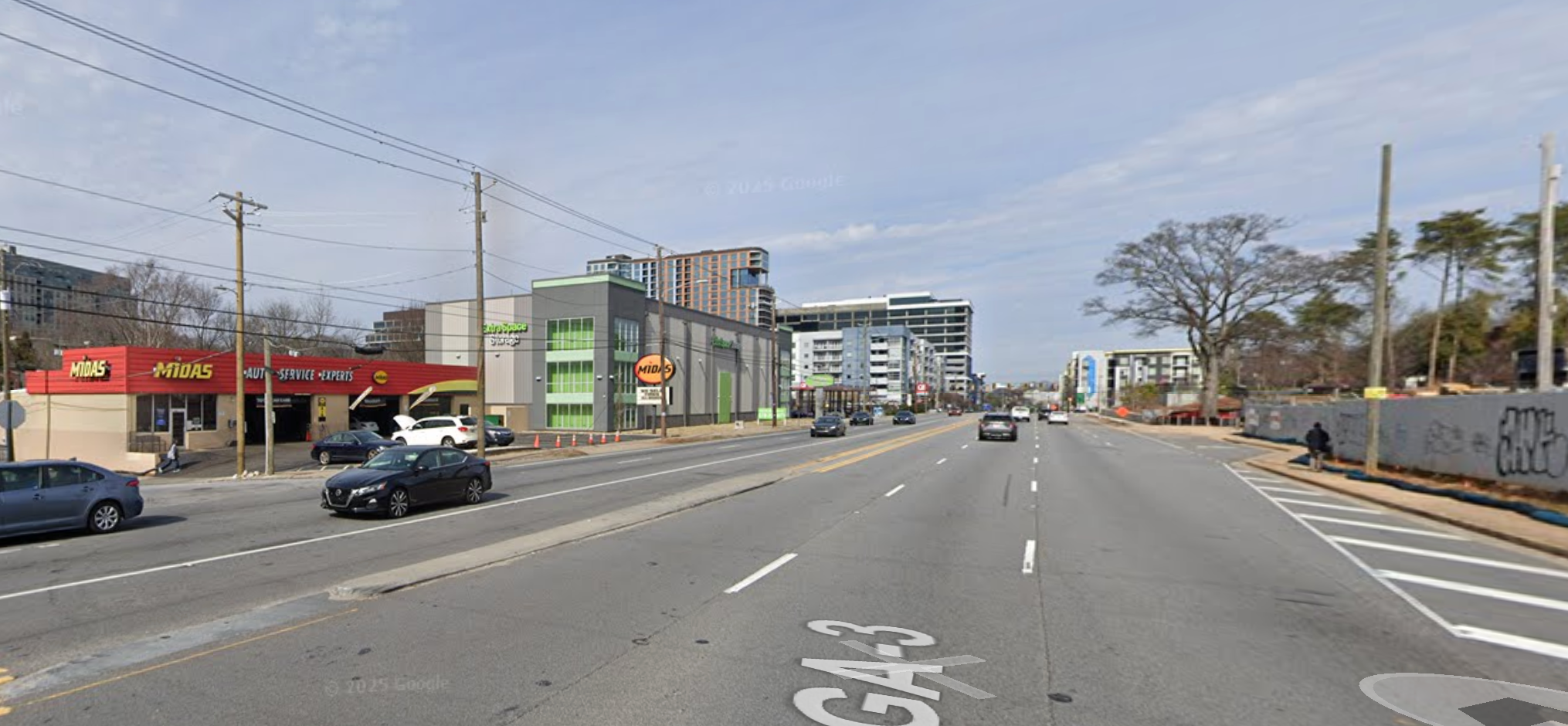
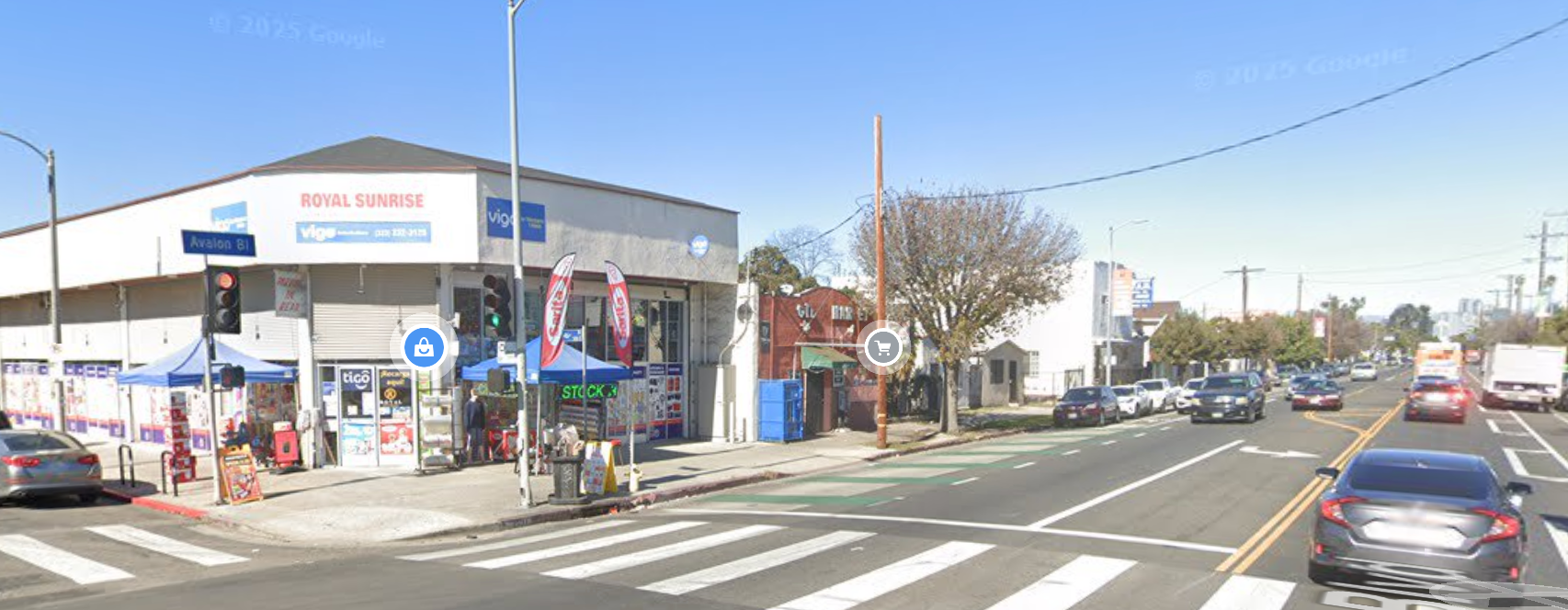
People live at different levels of abstraction. Some seem to heavily consider words, feelings, and emotional connection with other humans. They feel nothing for large structures and economic construction. Knowing myself of the latter type, it is easy to gloss over feelings and words because my perception and style of communication is elsewhere. Every presentation and message a human sends requires a receiver who understands it.
Analysis to the United States
What is its surplus? Immigration. How can it achieve immigration? Dollars (high-end) and high-level research (high-end presentations) and low-wage workers who perceive a better life (low-end propaganda). In my experience traveling, your position depends more upon your economic condition than what locale you live in, and for many people their role is to arbitrage the difference between currencies as remittances, though they still work the same roles.
The funny thing about this system is that it pulls in people from places of high human capital without economic development of human capital within the country itself.
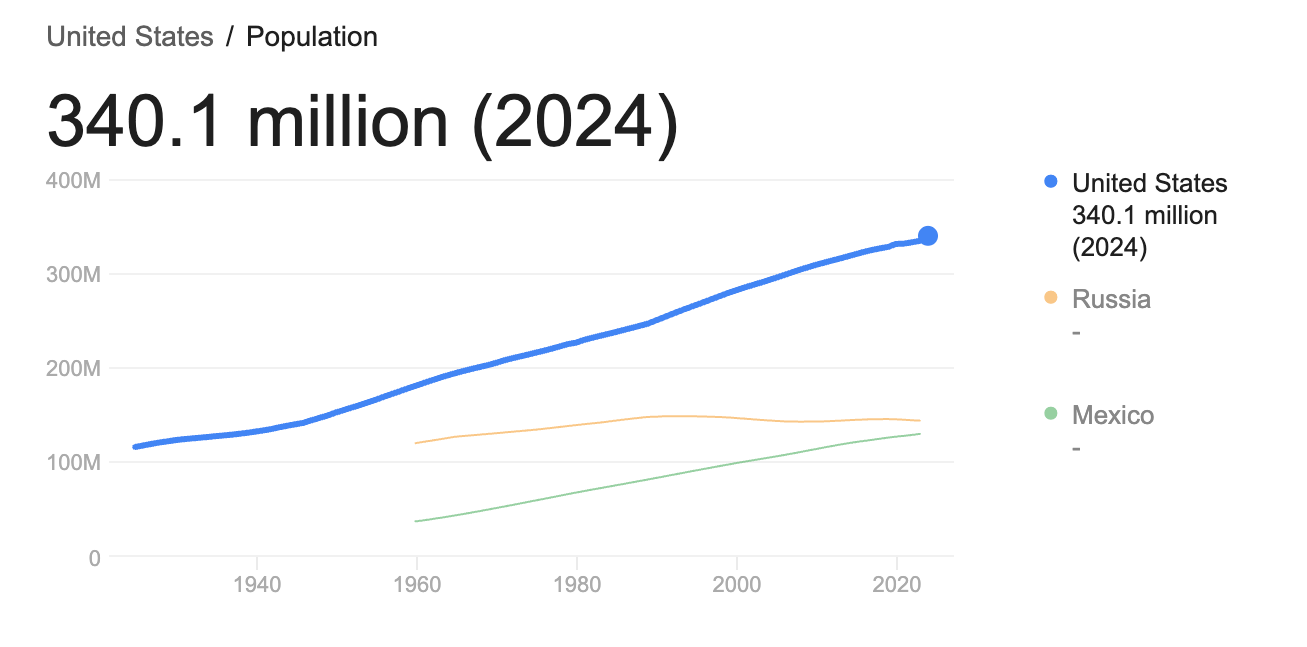
There has been significant population growth in the past twenty years. But it is not just a surplus of people that can give surplus: countries in Bantu Africa or South Asia have a surfeit of people, yet development has not necessarily occured to a high quality. A surplus within the people themselves can be achieved if people eat metabolic foods and if infrastructure is in a way that enhances social coordination, so to solely rely on population growth denies the reality of humans to change the environment for greater efficiency, and understates the differences in mental conception among new individuals, leading to conflict.
How does it direct the work of individuals? World-building, by making one homogeneous currency, State-run schools dependent upon federal dollars, and financing contingent upon certain connections. My understanding is: if you can get financing to do something, then you are able to hire people — “a job” — and direct their labour. This assumes that there is slack in the system. Otherwise, you need to create a series of correct presentations so that others will hire you or give you money. Or you can try to build your own system that accumulates money.
The system of application to investment seems to be breaking down in the United States. I believe the reasons are as following:
- Not knowing what is enough. Choosing giant houses rather than a Minimum Standard like a creditor living beyond one’s means. Choosing suppression and control of existing wealth rather than expanding total available wealth.
- Underinvesting in infrastructure and education in pursuit of money, for example not including guards on trucks.
- Too much focus on emotional/social language rather than abstract, material, and constructive language.
- Too many people with different opinion and culture due to immigration and the internet, causing conflict, leading to things not being done. Lack of group feeling between people (who wants to work for people they don’t care for)?
- Lack of responsibility.
- Increase in the daily expenditure of living due to suburbanization and the automobile. When there were gas shortages in 2022, people were unable to get around the city of Atlanta. How does a city like Dallas survive without gas? This is a systemic risk that should’ve been addressed by not overbuilding cities in an energy-consumptive, inefficient manner. Luckily, I do see some new construction/passive infrastructure such as roundabouts coming up around me, but the overall infrastructure itself leads to inequality because the basis for existence (transportation) has a high floor.
- Increase in health issues due to degradation of the food system, leading to decreased mental flexibility and understanding of the world around us.
- Increased transportation means the capable just try to leave for a good environment rather than leading and improving their communities. Loyalty to a specific town and neighborhood is rare.
The infrastructure itself is going to cause a vicious cycle. Because having a car is a high expenditure, more people will fall through the cracks and be unable to work or even get employment/food. I see more people walking by the side of the road than I did years ago. This will lead to desperation and increased crime, which leads to more people wanting their own isolated and gated neighborhoods.
- Car-only infrastructure because cities are already built one way, so you have to build more roads to interface with the existing system
- Decreased health due to constant driving (mechanical irritation, sound pollution, noxious chemicals in the car itself), less time to do things due to increased suburban sprawl, less money due to constant need to spend on gas, insurance, upkeep
- According to StrongTowns but also visible just from observation, increased expenditures and upkeep of this same infrastructure combined with decreased resources and health leads to creating a “highway cocoon of cement and steel” trapping people in it
Application to Individuals and Groups
How would we apply this three-part expansion to an individual?
(1) An individual must have an incentive to grow. If the individual is disposed to consumption rather than production, maybe at best will happen is the maintenance of existing structures. (2) The individual must have an accumulation of surplus: time, money, networks, or understanding. (3) Finally, the individual must apply their surplus to productive rather than consumptive uses.
In the beginning as a child, an individual may be energetic and have surplus. Through internships, jobs, and the school system, this individual can further build their life.
A company accumulates money and applies it to inventions so that cash-flow is positive.
An individual in old age may accumulate surplus, but lacking the mental flexibility to change ideas or the motivation they had in youth, the application of surplus to the younger generation or other inventions is no longer done.
A company as it acquires layers of middle management, whose interests may only be their own survival, as paperwork is created as levels of social obfuscation, decreasing the capability of the company to invent, create, and its basic mission.
Application to Bedouin Attitude
The goal is to get a surplus of money, understanding, networks, and time. I assume everyone doing this is fairly young.
Whether this is through a job or your own business is up to you to decide. You have high mobility to relocate anywhere, but the path to an actually nice place may be longer and more arduous and roundabout than you’d expect.
The main goal is not to get trapped in the part of the country or world that is hollowing out or by running out of money, stuck in an operational/repeater job (grocery store, restaurant, warehouse, rideshare driver) with no upward mobility and liabilities such as children.
Once you have enough of a surplus, take the initiative to create your own world where the surplus is applied to production rather than consumption so you can take more people out of hell. (Note: for some, their life’s goal is to get to a place where they can perpetually coast and consume.)
